How Excelsior Club became a hub for Charlotte’s Black community over the years
The Excelsior Club, a two-story white home on 921 Beatties Ford Road in west Charlotte, became the city’s first exclusive Black nightclub in the mid-1940s.
Through the years, Excelsior evolved into more than a nightclub. It was a safe-haven for the Black community in Charlotte and travelers. The club even was listed in the Negro Motorist Green Book, a guidebook published from 1933 to 1967 during the Jim Crow era advertising hotels, restaurants and businesses throughout the South that did not discriminate against Blacks.
It was the place for social events, political meetings and celebrations. A place where Black residents could network, organize and celebrate.
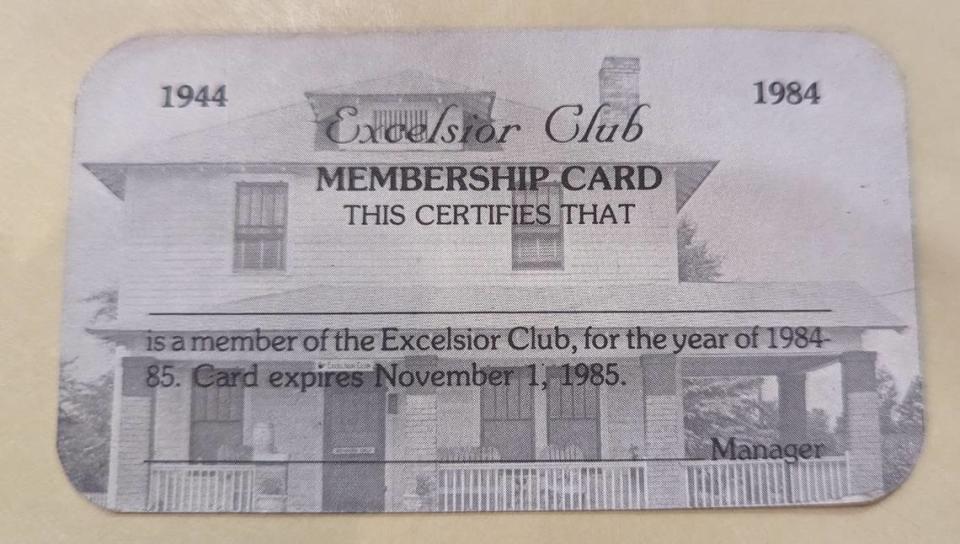
But it closed in 2016 as the number of people going there dwindled and repairs mounted. Today, a chain-link fence wraps around the historic landmark pocked with peeling paint. A sign where the front doors once were states: “This Building Unsafe. Keep Out.”
‘The heart of the Black community.’ Beloved Excelsior Club in Charlotte evokes memories
“I try to not go that way (near the club) because it breaks my heart to see Excelsior at a standstill now,” said Phil Hatchett, 75, who co-owned the club with Ken Koontz in the 1980s. “I just want to go up and pat it and tell it, ‘It’s going to be OK.’ ”
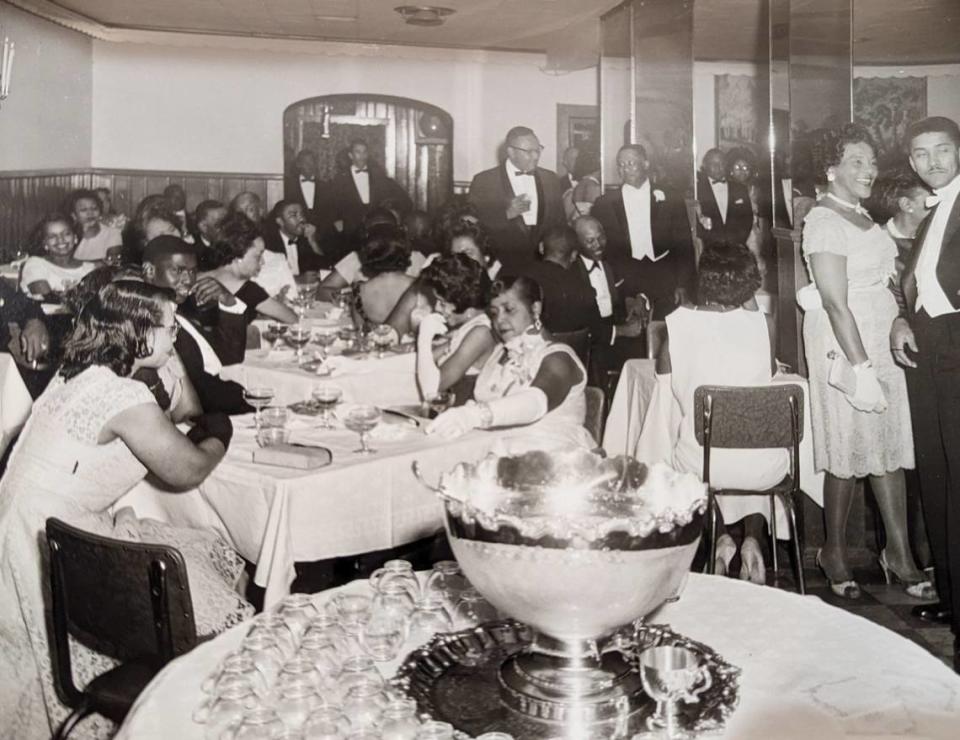
Five years ago, California developer Kenwood Investments purchased the club with plans to open a boutique hotel, music venue and possibly a small museum. As of last May, the plan still needed more parking to move forward.
Here are highlights of key dates to know about the Excelsior Club:
1944
Jimmie McKee and his wife, Minnie, bought the seven-room, two-story house in Washington Heights for $3,510 ($62,215 in today’s dollars) and transformed it into the city’s first private club for Black residents during an era of widespread segregation.
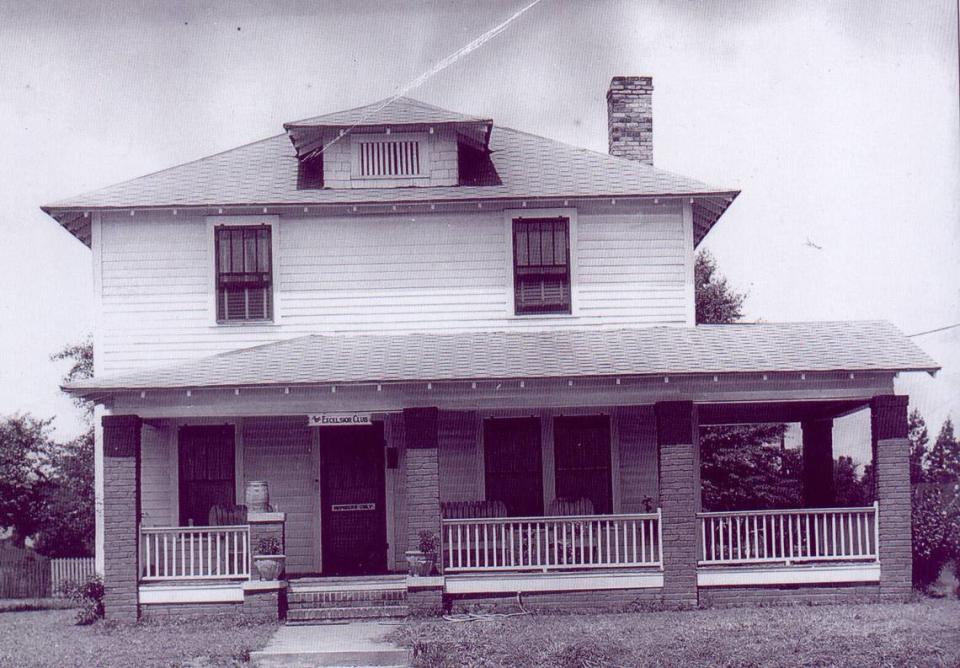
1946
A white Democratic candidate for sheriff named Clyde Hunter campaigned at the club. After he won, the Excelsior also became a political hub.
1952
Excelsior Club was renovated with Art-Moderne influenced architecture and expanded for a 300-person capacity.
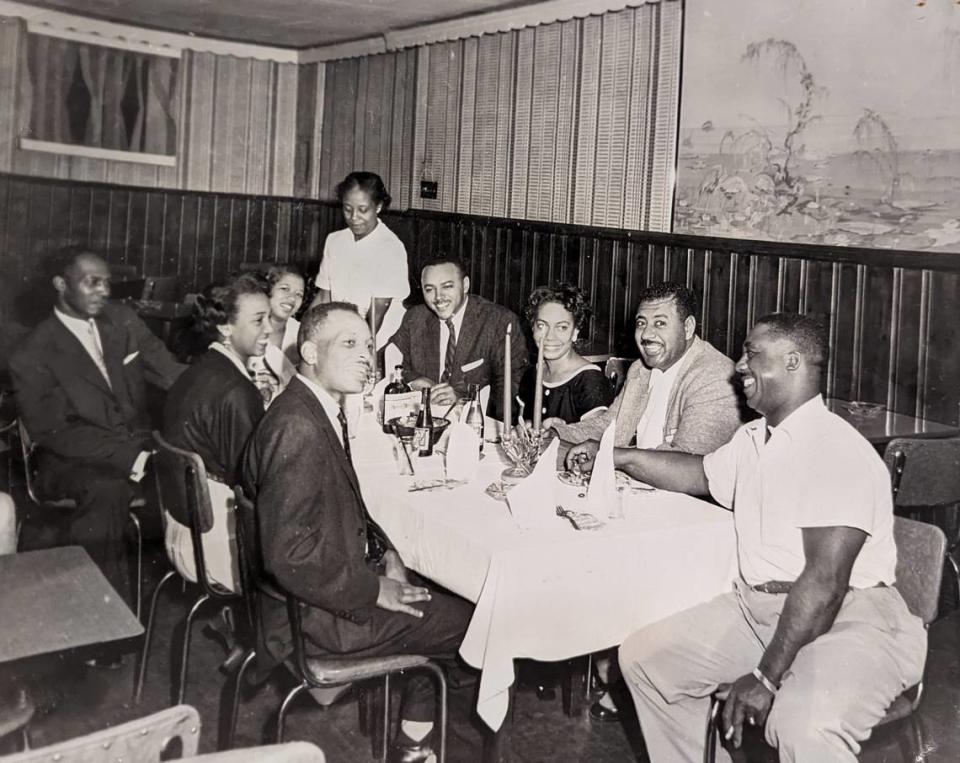
1984
Ken Koontz and Phil Hatchett purchased the club. McKee stayed on to help until his death on July 25, 1985.
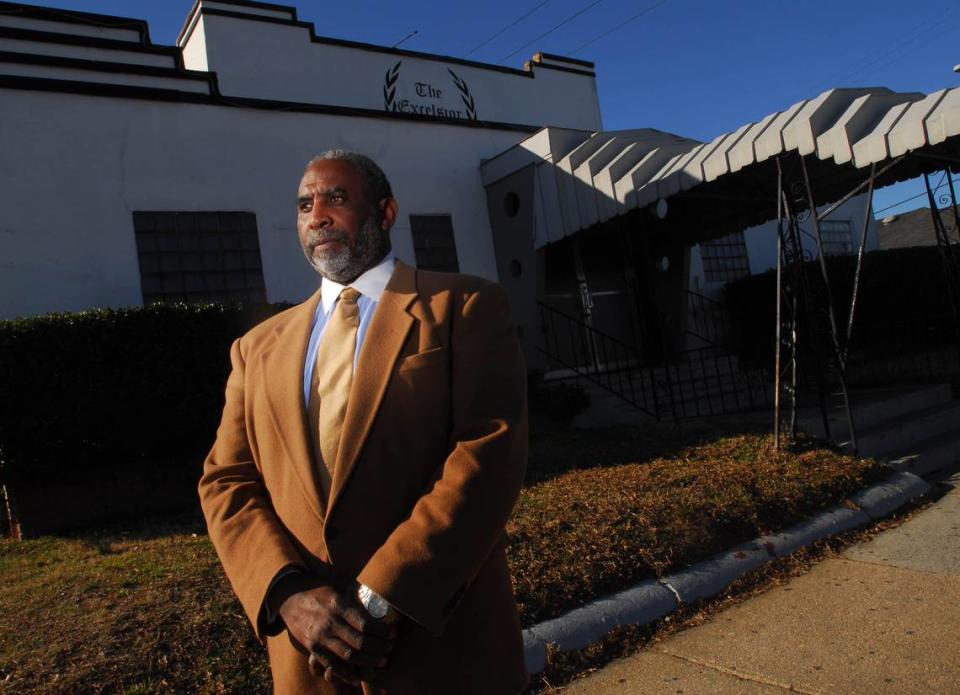
1985
City Councilman Charlie Dannelly announced that he would run for re-election at Excelsior.
1987
N.C. Rep. Pete Cunningham purchased Excelsior Club. It also was designated as a local historic landmark by the local historic commission that year.
1992
Bill Clinton and Al Gore stopped by at the Excelsior Club while on the campaign trail.
2006
Civil rights attorney James Ferguson buys the club.
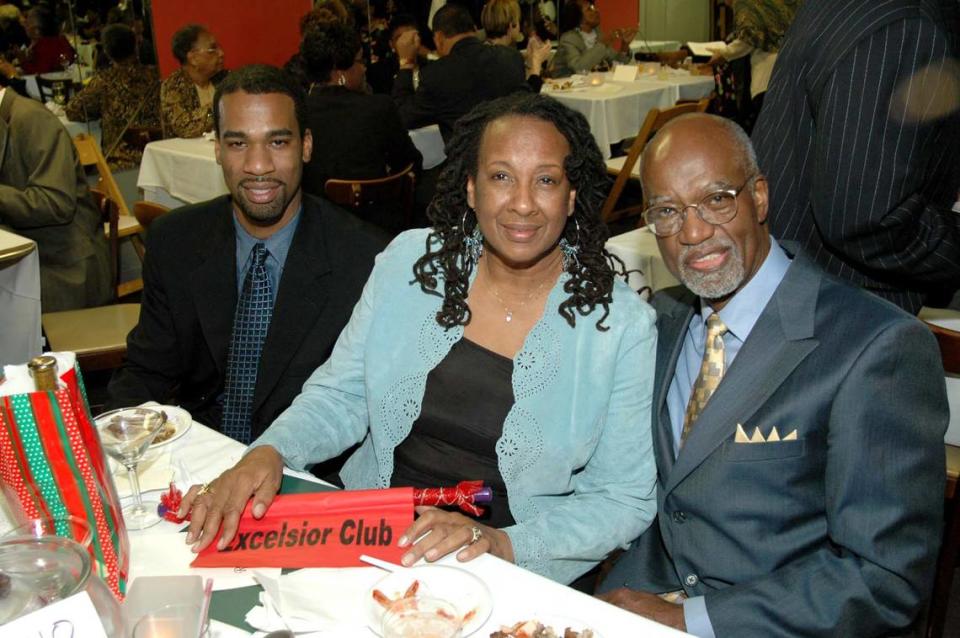
2008-2009
The club was the center of attention for many members of the Black community in November 2008 for election night and watching the inauguration of Barack Obama, the nation’s first Black president.
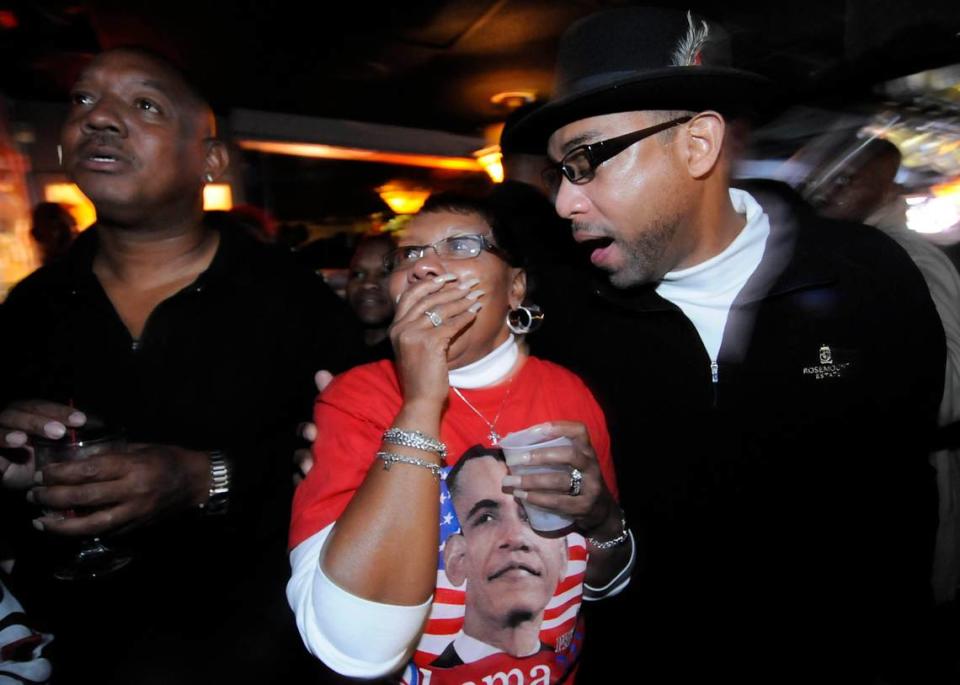
2016
The Excelsior Club was shut down for repairs. The club never reopened, as maintenance costs grew and business had slowed.
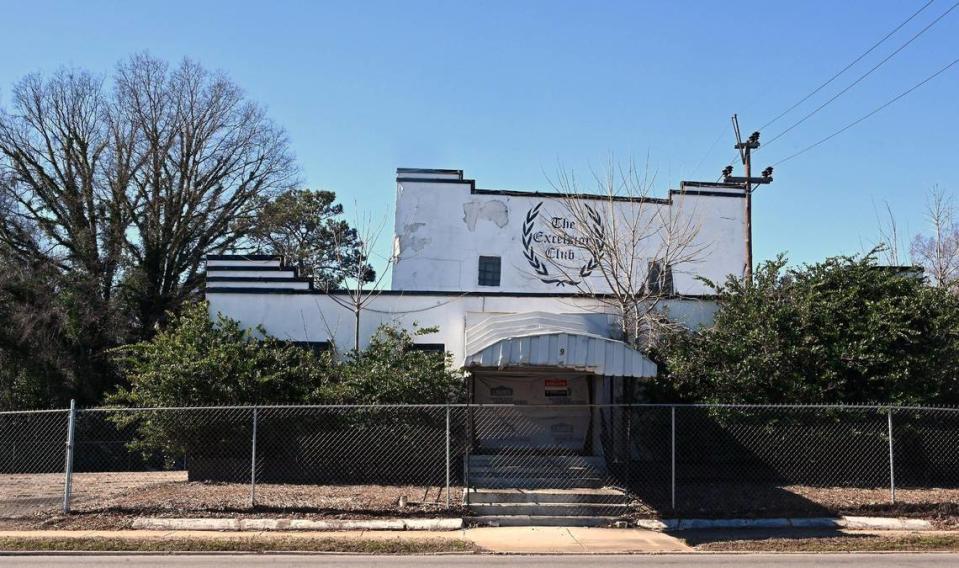
2017
In February, State Rep. Carla Cunningham, who acquired the property and mortgage from husband Pete Cunningham after his death in 2010, foreclosed on the property and Ferguson.
2018
A demolition permit for the club was issued to Cunningham. The building needed extensive renovations, including new floors, interior walls, HVAC, plumbing and electrical systems, and repairs for water damage to the roof.
A plan to save the landmark failed in October, after Mecklenburg County commissioners passed on approving a deal to buy the club.
2019
In April, the club was listed for sale for $1.5 million by New River Brokerage. In October, Excelsior was named to National Trust for Historic Preservation’s 11 Most Endangered Places list.
In December, a public-private partnership formed to save the club with city of Charlotte, Mecklenburg County commission, Knight Foundation and Foundation for the Carolinas joining in.
2020
In December, California-based company Kenwood Investments purchased the club for $1.35 million. The sale included $250,000 in public and private funds.
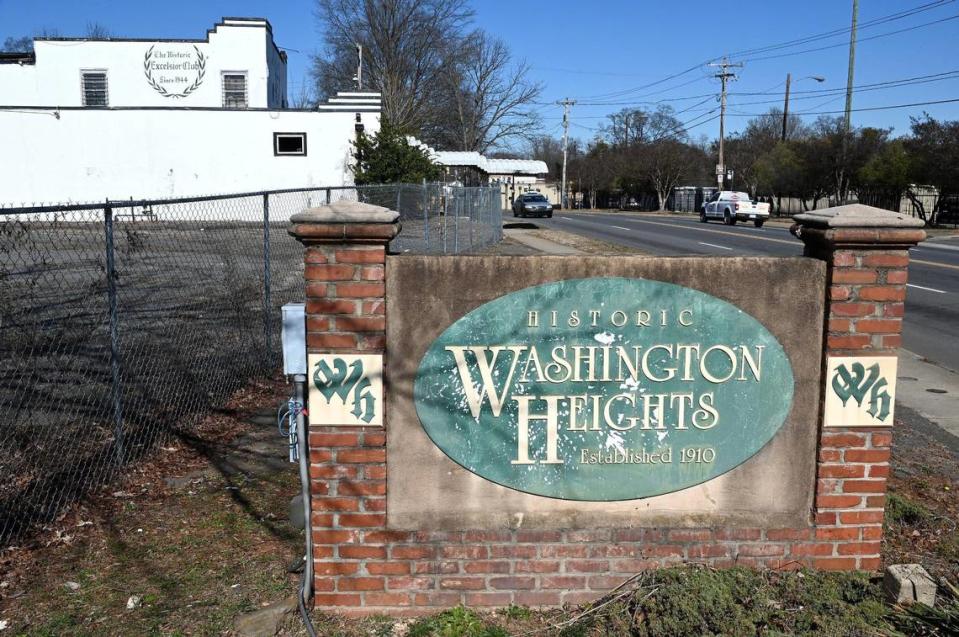
2023
Kenwood Investments met with community members for input and an update about the site. Kenwood CEO Darius Anderson said he still needed 20 parking spaces to move the project forward. His plan includes a boutique hotel and music venue.
“A lot of Black history has been bulldozed over for development,” Anderson said at the May meeting. “The vision of Excelsior has nothing to do with me. It was the legacy that was created by Jimmie (McKee), and I’m hoping that we can protect the integrity of what he envisioned.”
Anderson did not return multiple requests since December for comment from The Charlotte Observer about where his plans stand now.
Source: Information compiled from The Charlotte Observer archives, Levine Museum of the New South, J. Murrey Atkins Library — UNC Charlotte, Charlotte Mecklenburg Library Robinson-Spangler Carolina Room, James Peeler Collection at Johnson C. Smith University and Charlotte-Mecklenburg Historic Landmarks Commission, among other sources.

